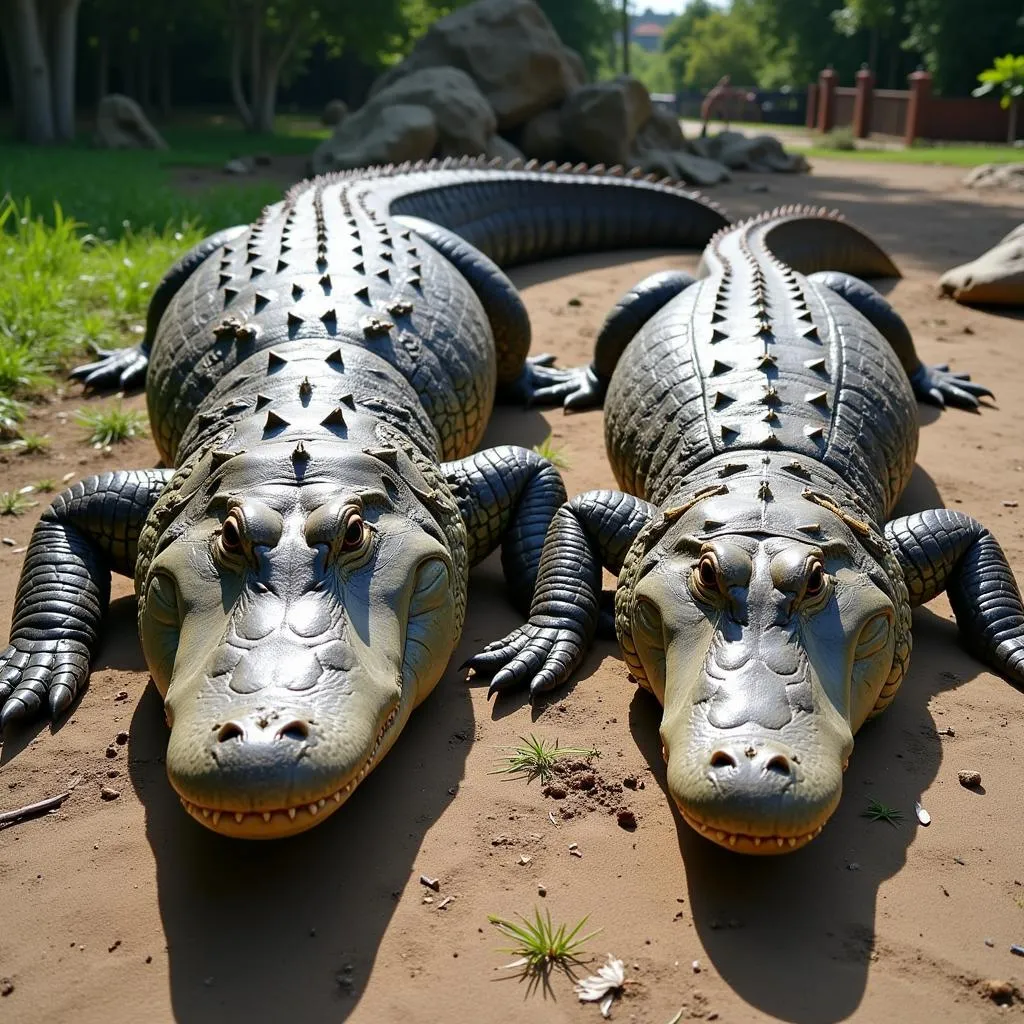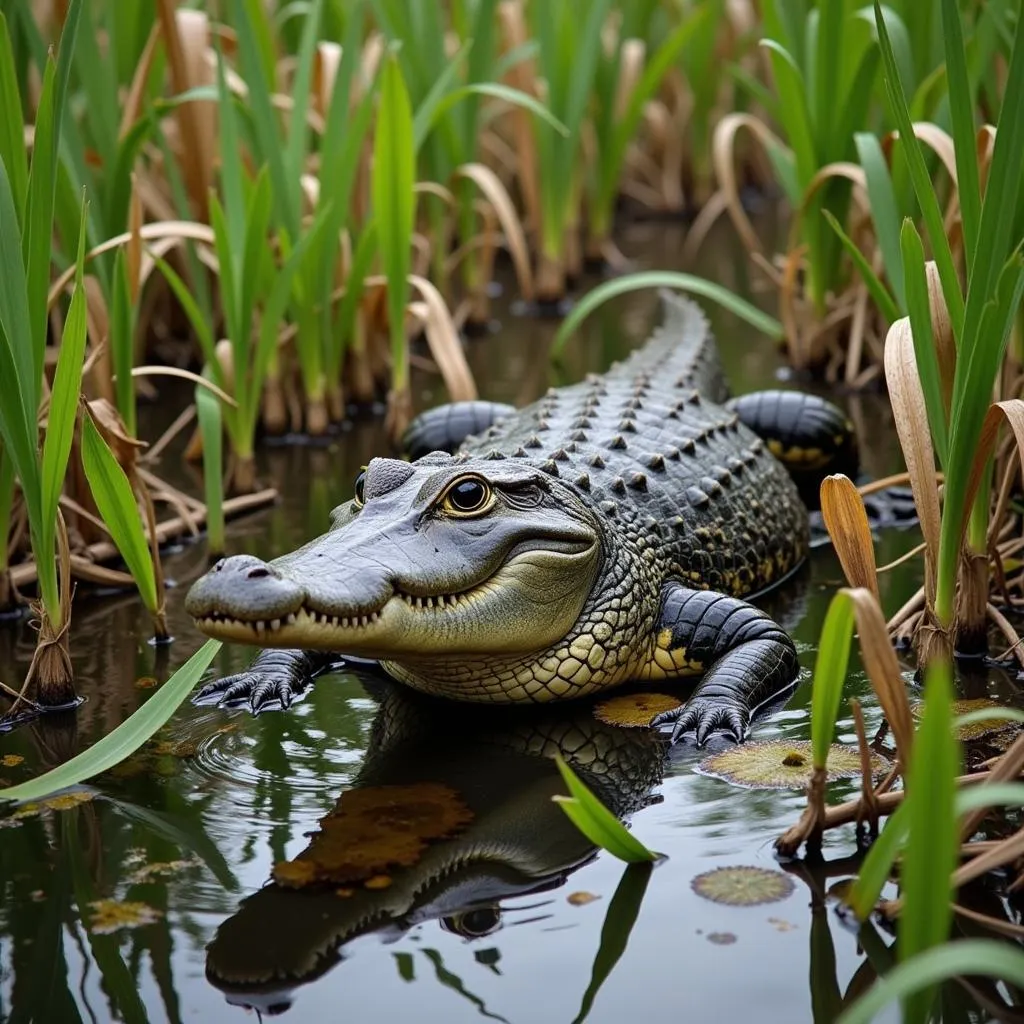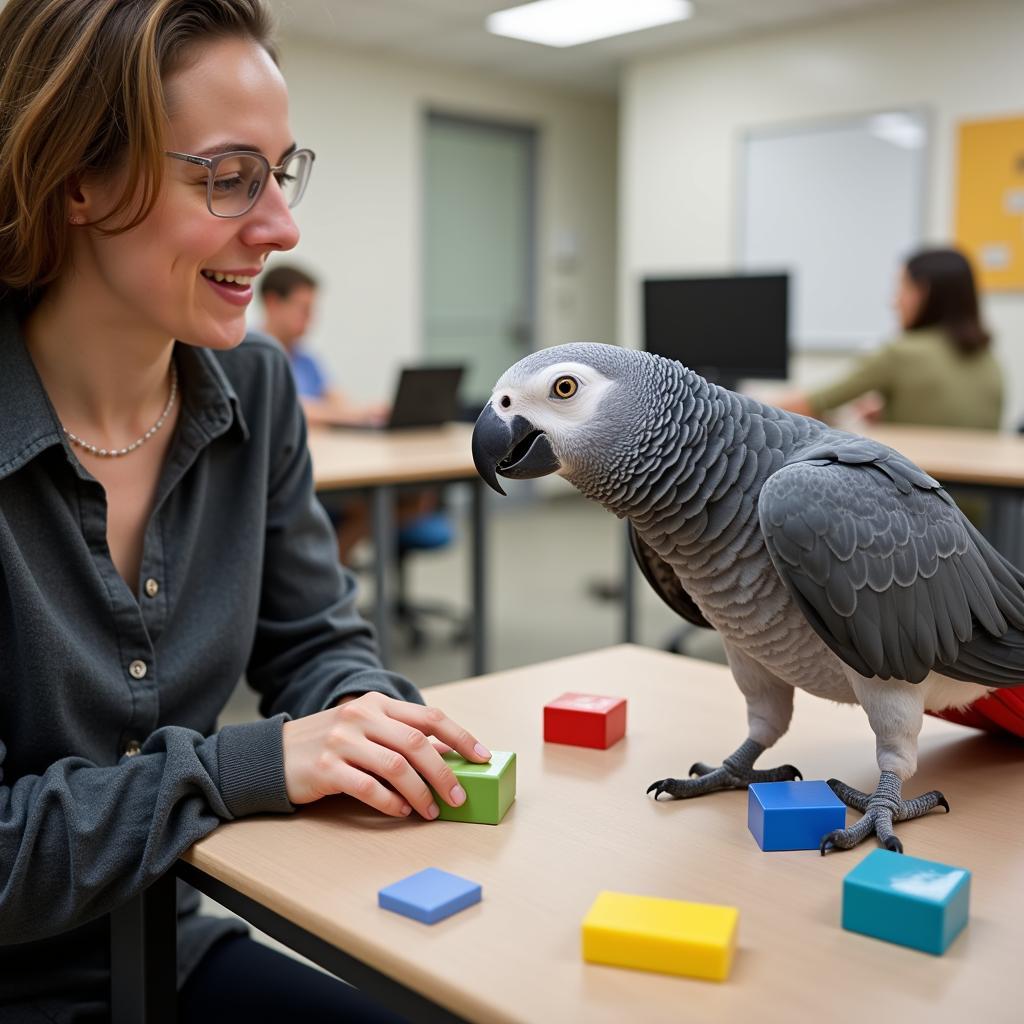African Crocodile in Florida: An Invasive Species Spotlight
The presence of African crocodiles in Florida has made headlines in recent years, raising concerns about this apex predator’s impact on the local ecosystem. While Florida is known for its own native alligator population, the arrival of these Nile crocodile relatives has sparked a debate about their potential to thrive and disrupt the delicate balance of Florida’s wetlands.
Nile Crocodiles vs. American Alligators: A Tale of Two Predators
While both Nile crocodiles and American alligators share a common ancestor and possess formidable predatory capabilities, there are key differences between these species. Understanding these distinctions is crucial to assessing the potential impact of African crocodiles in Florida.
-
Size and Weight: Nile crocodiles are generally larger than American alligators, with males reaching lengths of up to 20 feet and weighing over 1,600 pounds. This size advantage could give them a competitive edge in hunting larger prey.
-
Habitat Preferences: Nile crocodiles exhibit a wider tolerance for salinity than American alligators, allowing them to inhabit both freshwater and saltwater environments. This adaptability might give them access to a broader range of habitats in Florida.
-
Behavior and Aggression: Nile crocodiles are often considered more aggressive than American alligators, displaying a greater propensity for attacking humans. This behavioral difference raises concerns about potential human-wildlife conflicts should the African crocodile population become established.
 Nile crocodile and American alligator side by side
Nile crocodile and American alligator side by side
The Path to Florida: How Did African Crocodiles Arrive?
The exact pathway for African crocodiles into Florida remains a subject of ongoing research. However, several possibilities are being explored:
-
Exotic Pet Trade: The illegal trade in exotic pets has been implicated in the introduction of various invasive species around the world. It’s plausible that some African crocodiles were brought to Florida as pets and later escaped or were intentionally released into the wild.
-
Accidental Escapes: Crocodile farms, which raise crocodiles for their meat and hides, exist in Florida. While these facilities have strict containment measures in place, accidental escapes cannot be entirely ruled out.
-
Intentional Introductions: While less likely, the possibility of individuals intentionally releasing African crocodiles into the wild cannot be discounted.
The Ecological Impact: A Threat to Florida’s Biodiversity?
The establishment of a breeding population of African crocodiles in Florida could have significant repercussions for the state’s native wildlife:
-
Competition with Native Species: African crocodiles could compete with American alligators for food and resources, potentially impacting the alligator population and other species reliant on the same prey base.
-
Predation on Native Wildlife: As apex predators, African crocodiles could prey upon a wide range of native animals, including fish, birds, mammals, and reptiles, potentially disrupting existing food webs.
-
Disease Transmission: The introduction of a new species carries the risk of introducing novel diseases or parasites that could negatively impact native wildlife populations.
 African crocodile lurking in the Florida Everglades
African crocodile lurking in the Florida Everglades
Management and Control: Addressing the African Crocodile Challenge
Florida wildlife officials are actively monitoring the situation and taking steps to manage the presence of African crocodiles:
-
Trapping and Removal: Trapping efforts are underway to capture and remove any African crocodiles found in the wild.
-
Public Education: Raising public awareness about the potential dangers posed by African crocodiles and encouraging people to report any sightings is crucial.
-
Research and Monitoring: Continued research is essential to understand the current distribution, population size, and potential impact of African crocodiles in Florida.
“Early detection and rapid response are critical when dealing with invasive species,” cautions Dr. Emily Carter, a wildlife biologist specializing in reptile and amphibian conservation. “The sooner we can assess the scope of the African crocodile situation in Florida, the better equipped we’ll be to mitigate their impact.”
The Future of African Crocodiles in Florida: A Call for Vigilance
The presence of African crocodiles in Florida serves as a stark reminder of the challenges posed by invasive species. While their current numbers may be small, their potential to thrive and disrupt Florida’s delicate ecosystems should not be underestimated. Continued vigilance, research, and proactive management efforts are essential to preventing these formidable predators from gaining a foothold in the Sunshine State.
FAQs about African Crocodiles in Florida
-
Are African crocodiles dangerous to humans? Yes, Nile crocodiles are considered more aggressive than American alligators and pose a potential threat to human safety.
-
How can I report a sighting of an African crocodile? You should immediately report any suspected sightings of African crocodiles to the Florida Fish and Wildlife Conservation Commission (FWC).
-
What should I do if I encounter an African crocodile? Maintain a safe distance and do not approach the animal. Contact the FWC immediately to report the encounter.
Looking for More Information?
Explore other articles on our website for in-depth discussions on invasive species, wildlife conservation, and the fascinating world of African wildlife:
- The Global Impact of Invasive Species
- Protecting Florida’s Biodiversity
- A Journey Through Africa’s Diverse Ecosystems
Need assistance? Contact us at +255768904061, email kaka.mag@gmail.com, or visit us at Mbarali DC Mawindi, Kangaga, Tanzania. Our dedicated customer support team is available 24/7 to help.



